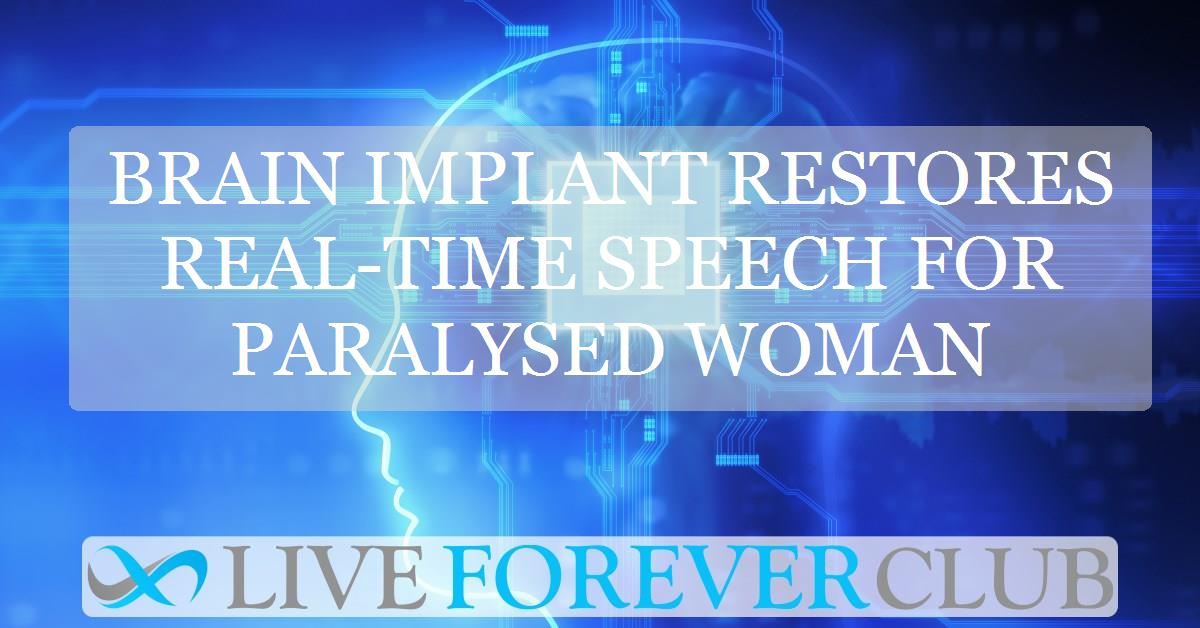Key points from article :
Researchers at the University of California, Berkeley have achieved a major breakthrough in communication technology for people with severe paralysis. In a study published in Nature Neuroscience, scientists demonstrated a brain implant that can decode a person's thoughts into speech nearly in real time, helping restore the ability to communicate without speaking aloud.
The system was tested on a woman named Ann, who is unable to speak due to paralysis. Researchers recorded her brain signals while she attempted to silently speak prompted sentences like “Hey, how are you?” Using these signals, they trained an AI algorithm to translate her neural activity into audible words. Crucially, the team incorporated a model of Ann’s pre-injury voice, allowing the synthesized speech to sound like her.
One of the biggest advancements in this study is the reduction in latency. Earlier brain-computer interfaces had significant delays—up to eight seconds for a single sentence. The new method can stream audio within one second of the user intending to speak, allowing for more fluid, continuous communication. The system even managed to accurately generate new words that weren’t part of the training dataset, showing it had learned the fundamental patterns of speech.
Lead researcher Dr. Gopala Anumanchipalli and PhD student Cheol Jun Cho say this work marks a crucial step forward in brain-computer interface technology, offering real-time, personalized speech restoration for people with severe motor impairments.







